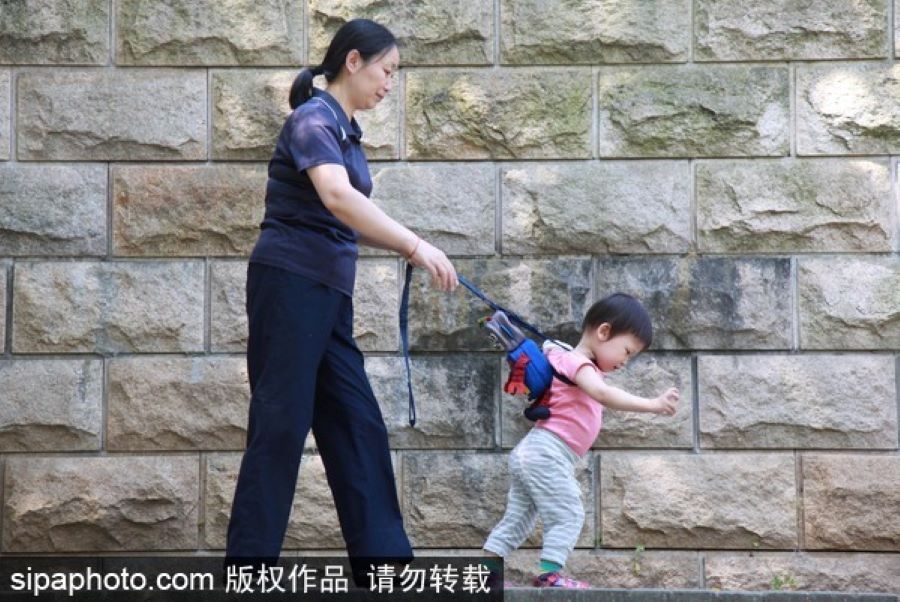Mom, baby products rise in lower-tier cities across the country


The country's maternal and infant products market is expected to grow steadily over the next decade due to rising demand from young parents pursuing high-end lifestyles, particularly in lower-tier cities.
Data from Chinese e-commerce giant JD showed people born in the 1990s, who account for 70 percent of consumers of maternal and baby products on the platform, have become a major force in the category. They are willing to buy trendy products and are less price-sensitive.
They also prefer to watch livestreamed content and short videos. In the maternal and infant products segment, the viewing time for livestreamed programs and short videos increased 135 percent year-on-year in the first quarter on JD. First-quarter sales driven by livestreams increased 417 percent year-on-year.
Market sources said demand for baby products during the COVID-19 pandemic has been high. Sales of daily necessities for babies, such as infant formula and diapers, increased 10 times on a yearly basis on JD. First-quarter sales of health-related baby products increased 600 percent year-on-year.
JD has become one of the largest retailers of many maternal and baby brands such as Wyeth, Kao, Unicharm, Frisco, Nestle, Abbott, Danone and Pigeon. Sales of more than 50 mother and baby brands surpassed 100 million yuan ($14.1 million) in 2018.
Feng Yi, vice-president of JD and president of consumer goods department under JD Retail, said the company will continue to help brands develop consumer-to-manufacturer or C2M products that can better meet the specific demands of consumers.
JD will also develop omnichannel solutions, leverage its smart supply chain and attract new customers in lowertier markets.
According to a report from Chinese research firm CBNData and Tmall Baby, the consumption growth from third-to fifth-tier cities is higher than that from first-and second-tier cities.
The per-consumer transactions of maternity dresses, toys and baby strollers in lower-tier cities are improving significantly amid consumption upgrade.
Sales revenue from the maternal and infant products market in China is expected to reach 3 trillion yuan this year, according to data of Beijing-based internet-based consultancy Analysys.
The whole industry will likely maintain a 20-to 30-percent annual growth rate in the next 10 years.
The size of China's mom and baby products industry continues to grow, in part because the family planning policy of the 1979-2015 period that allowed married couples to have only one child, has been replaced by a two-child policy in 2016, said Brady Ni, vice-president of Nielsen China.
"With the rise of New Retail, or the integration of online and offline sales platforms, it is foreseeable that retail competition will intensify. As markets turn fiercely competitive where discerning consumers abound, brands will seek to distinguish themselves by improving product quality, burnishing their reputation, and building awareness," Ni said.




































